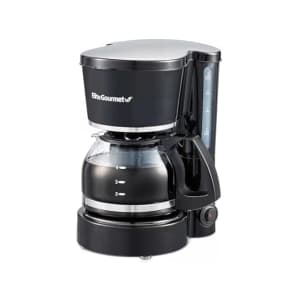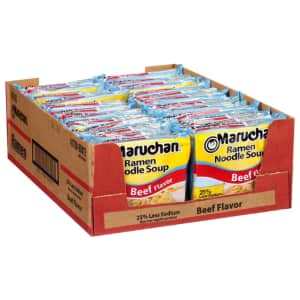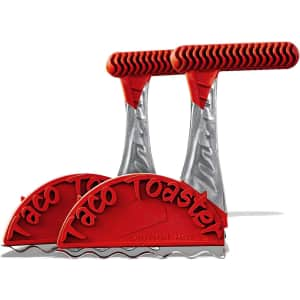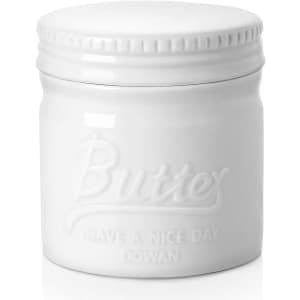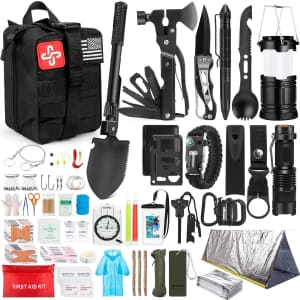5 Deals You Need to Know Today: Early Prime Deals at Amazon Beckon
It's five days until Prime Day but that won't stop Amazon from offering deals already. Check out this offer and more in our roundup of the five best deals we found over the last 24 hours.
Top Store Event Deal
Amazon Haul Early Prime Day Home Deals
$20 or lessWith less than a week until the big day arrives, Amazon has seen fit to bend laws of time and space, the result being a hefty helping of early Prime Day deals. The exact details of whatever time travel shenanigans they pulled off is entirely unknown but there appears to be no undesirable and unintended butterfly effect ripples. What I'm trying to say is, there's deals aplenty to be had on home items and we all still have our tongues as evolution intended. That's a win no matter how you look at it.
Another Fantastic Store Event Deal
eBay July 4th Coupon
Extra 20% offThe adventures of things happening before they've happened continues at pace as eBay nobly joins the cause, launching their 4th July sale on a date that is most not certainly not the 4th July. However, this is ok because we'll overlook all else at DealNews dot com as long as the sweet savings are present. No, you have a problem. No, you're addicted to the high of discountery. No, you're projecting. An extra 20% off thousands of items via code "JULYFINDS" certainly meet the criteria of the deals being present, especially when big brands like Nike, Crocs, Samsung, LG, and adidas are part of the merriment.
Top T-Shirt Deal
Under Armour Men's UA Tech 2.0 Shirt
$5.98$6 for an Under Armor T-shirt is the name of the game here. It's admittedly not the catchiest of names but it does undeniably convey what needs to be conveyed. What isn't conveyed however, is that coupon code "EXTRA50" is needed to achieve this price. Thus, helpful supplementary text has been provided here to communicate that. Let's hear it for language and its ability to disperse useful information.
Top Tools Deal
Ryobi 18V ONE+ 2-Battery Kit
$99 w/ free tool worth up to $80Historically speaking, Home Depot loves a good offer involving bundling a purchased item with that of a generously gifted free one. Tradition is therefore being rigidly adhered to, with a Ryobi 18V ONE+ 2-Battery Kit for $99 being comboed with a free tool (worth up to $80) of your choosing. A clamp speaker that counts as a tool for some reason? A jig saw? A leaf blower? These are just three potential options amongst several more and not to spoil anything but all you caulk and adhesive gun nuts out there should be very excited indeed.
Top eBook Deal
Kindle Unlimited Early Prime Day Deal
3 months for free w/ PrimeYes it's Amazon again. They're back because the deals are simply too good to ignore. I bring proof of this statement in the form of Prime folks being able to get three months of Kindle Unlimited for free, thus saving $36. Reports suggest that 4 million eBooks, thousands of audiobooks, and many magazine subscriptions are part of the included fun. This absolutely and irrefutably qualifies as "hella good deal action" and I dare anyone to disagree. Dare!







